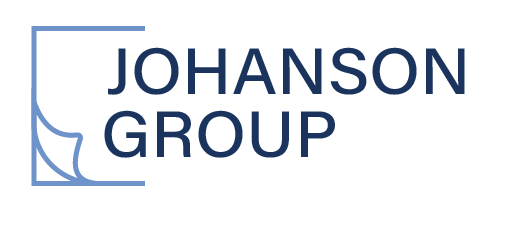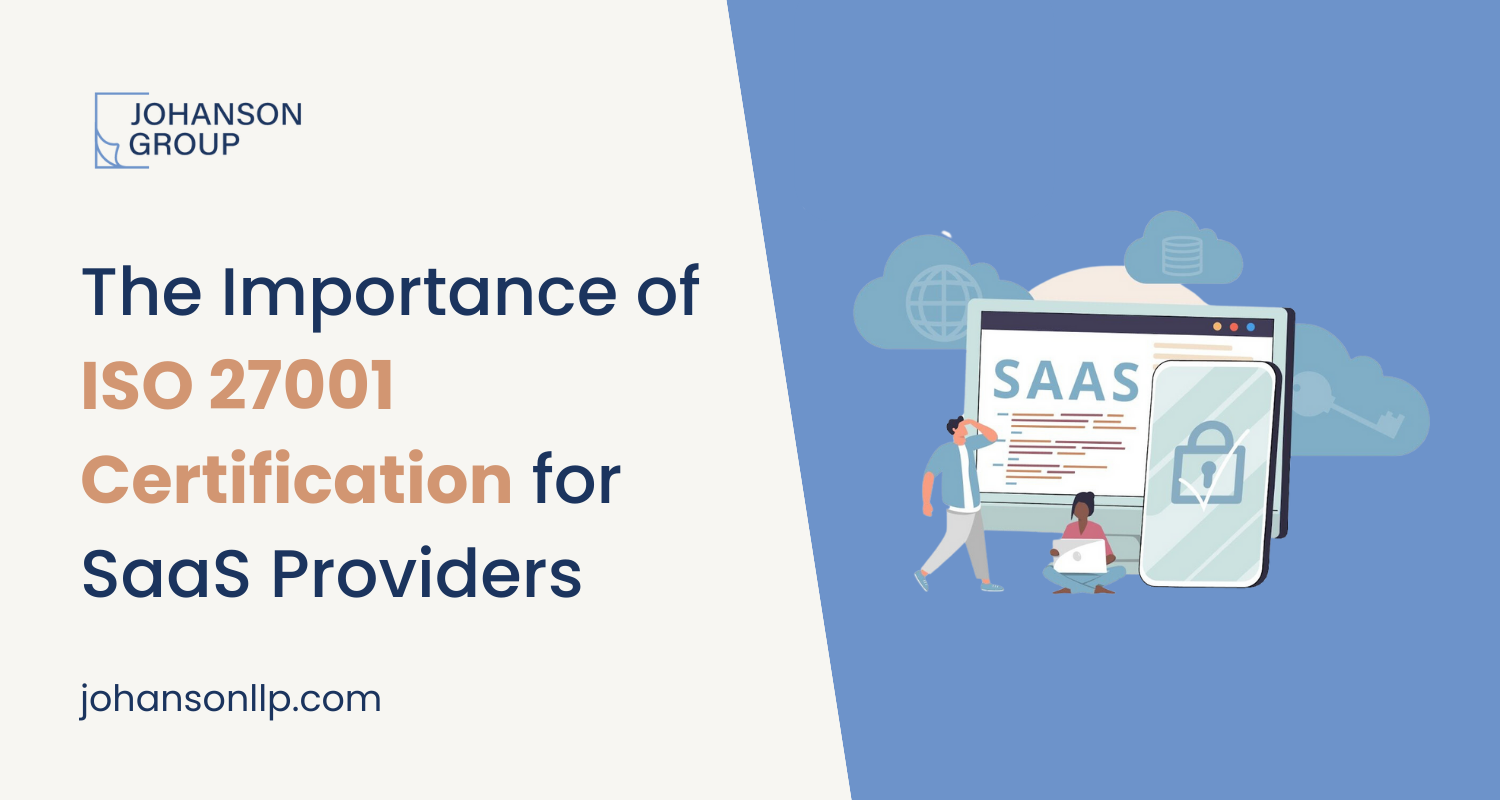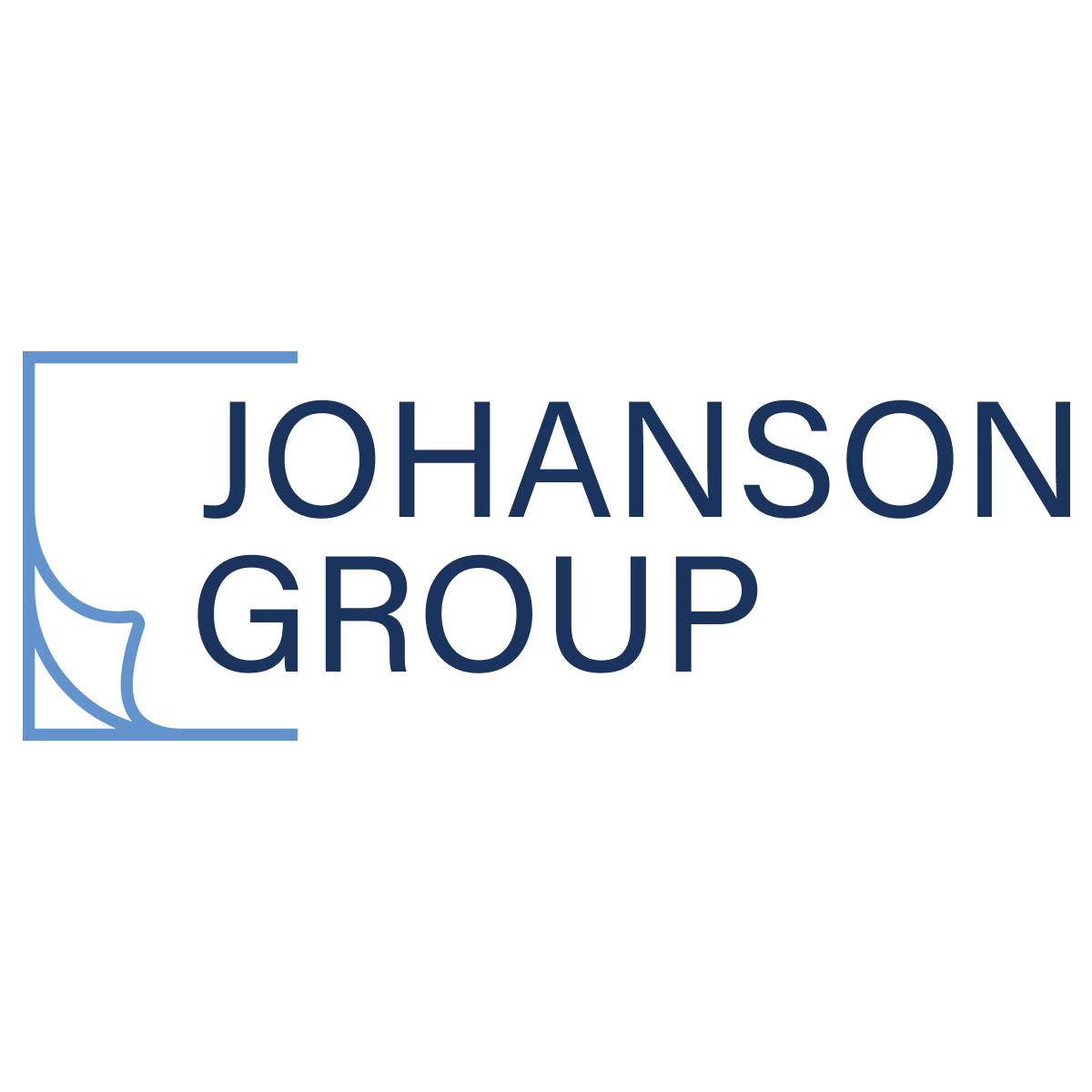The Importance of ISO 27001 Certification for SaaS Providers
If you’re a part of the Software as a Service (SaaS) industry, then you know ensuring robust security measures is paramount.
ISO/IEC 27001 certification represents a transformative step in the world of SaaS security, surpassing fundamental measures like firewalls and antivirus software. It directs providers to create a comprehensive security framework that serves as the blueprint for an unshakable security fortress.
In this blog post, we will explore the concrete benefits that ISO/IEC 27001 certification offers to SaaS providers and why it has become an industry standard.
ISO/IEC 27001: The Crucial Standard for SaaS
ISO/IEC 27001, established in the early 2000s, has become the global gold standard for information security. It specifically caters to the critical needs of SaaS providers entrusted with sensitive data.
In 2021, the International Organization for Standardization (ISO) reported that over 38,000 organizations in 162 countries had successfully attained ISO/IEC 27001 certification. This standard is highly regarded for its flexibility, worldwide recognition, and its commitment to instilling customer confidence.
Now, let's delve into why numerous organizations place their trust in ISO 27001 standards, offering three distinct advantages:
Increased Trust and Credibility: ISO 27001 certification enhances trust and credibility, bolstering an organization's reputation for safeguarding sensitive information.
Enhanced Security Measures: This certification promotes heightened security measures, going beyond the basics to establish a comprehensive security framework.
Competitive Advantage: ISO 27001 certification grants a competitive edge, allowing organizations to stand out in a crowded marketplace.
Before we delve into the top three benefits of ISO 27001 certification for SaaS companies, let's first understand the practical reasons why this certification is an absolute must in today's digital landscape and the consequences of not doing so.
Why ISO Certification for SaaS? Real-World Reasons and Benefits
In the fast-paced world of Software as a Service (SaaS), ensuring robust security measures is paramount. The global landscape of cybersecurity threats is evolving, and with it, the need for proactive security strategies.
Real-world statistics from 2023, compiled by GITNUX Market Data, paint a compelling picture of the challenges and opportunities in this industry:
Soaring Costs of Data Breaches
The global average cost of a data breach in 2023 reached a staggering USD 4.45 million, representing a 15% increase over three years. This eye-popping figure underscores the financial impact of inadequate security measures.
ISO 27001 certification provides a fortified defense against breaches, potentially saving millions in damage control costs.
Increasing Security Investments
In response to the growing threat of data breaches, 51% of organizations are planning to increase their security investments. These investments encompass incident response planning, employee training, threat detection, and response tools.
ISO 27001 certification not only demonstrates commitment to security but also aligns with this industry trend of heightened security investment.
Booming SaaS Market
The SaaS market is booming, with a worth exceeding $195 billion in 2023. As the SaaS industry continues to flourish, the importance of robust security practices cannot be overstated.
ISO 27001 certification sets SaaS companies apart, offering a competitive edge in a thriving market.
Prevalence of SaaS Adoption
A substantial 53% of organizations have already implemented SaaS, with an additional 28% planning to do so in the near future. Surveys reveal that 96% of companies are using at least one SaaS application, with 78% utilizing more than four.
As SaaS becomes integral to business operations, ISO 27001 certification ensures that sensitive data remains secure in the cloud.
Venture Capital Funding
SaaS companies have been a magnet for venture capital funding, having raised more than $2 billion since 2015. Investors recognize the potential of SaaS, but they also demand a solid security foundation.
ISO 27001 certification not only safeguards data but also instills confidence in investors.
Revenue Generation
Most SaaS companies generate between $100,000 and $5 million annually.
Protecting this revenue stream is crucial, and ISO 27001 certification demonstrates a commitment to data security, earning trust from both customers and investors.
Cost-Effective Solutions
SaaS solutions are known for cost-effectiveness, with businesses saving $1.50 for every dollar spent on such solutions.
Benefit #1: The Trust-Building Power of ISO 27001 Certification
The ISO/IEC 27001 certification stands as a shining beacon of trust and credibility within the ever-evolving landscape of the technology industry.
It is a symbol that holds immense significance, representing a SaaS provider's commitment and unwavering dedication to fortifying their security measures.
This ISO certification for SaaS goes far beyond mere superficial claims of security. It offers a meticulously crafted and internationally validated framework. This makes the framework a strong backbone in digital trust-building.
Here's how ISO/IEC 27001 certification helps achieve trust-building:
Proven Best Practices
ISO/IEC 27001 is more than just words; it's a roadmap for SaaS providers to follow global best practices in information security. It proves that the organization doesn't just discuss security; it protects sensitive data.
Third-Party Validation
ISO/IEC 27001 certification is special because it undergoes independent third-party audits, not self-assessment. This external validation enhances credibility, assuring clients and stakeholders that an impartial authority has verified the organization's effective security controls.
“This certification isn’t just about getting a stamp of approval; it’s about building a fortified security framework.”
Benefit #2: Enhanced Security Measures with ISO 27001 Certification for SaaS Companies
ISO/IEC 27001 certification takes security measures to a higher level, transcending basic tools like firewalls and antivirus software.
It prompts SaaS providers to establish a comprehensive security management system, serving as a robust cornerstone for safeguarding sensitive data.
Remember, this certification isn't merely about securing a stamp of approval; it's about constructing and maintaining a fortified security framework.
ISO/IEC 27001 represents a strategic investment by SaaS providers in a resilient security framework. It not only protects your clients' data but also significantly reduces the risk of costly security breaches that could tarnish your company's reputation.
Here's how ISO/IEC 27001 enhances security measures for SaaS businesses:
Comprehensive Controls
ISO 27001 establishes a robust framework with well-defined policies, procedures, and technical safeguards, including access controls, encryption, incident response plans, and continuous monitoring.
Holistic Security Management System
This certification encourages a company-wide security approach, integrating security into every aspect, from employee training and awareness to vendor management and third-party assessments, fostering a security-centric culture within the organization.
Customer Data Protection
ISO 27001 puts customer data protection first, which is crucial for SaaS businesses. It guarantees strong data protection measures like data classification, retention policies, and secure data handling. This not only protects customer data but also ensures compliance with privacy regulations like GDPR or CCPA.
In the fiercely competitive landscape of the SaaS industry, gaining a competitive edge is paramount.ISO 27001, a globally recognized standard for information security management, offers a risk-based approach that can significantly enhance a SaaS company's competitive position.
Here's how ISO 27001 certification can provide a distinct competitive advantage to SaaS organizations:
Strong Information Security Foundation
ISO 27001 serves as the bedrock for robust information security. By adopting this standard, SaaS companies establish a solid information security foundation, emphasizing their commitment to safeguarding data and their risk management approach. This sends a powerful message to customers, partners, and stakeholders about the seriousness with which they take their responsibilities.
Proactive Data Protection
ISO 27001 compliance demonstrates a proactive stance in protecting sensitive information. SaaS companies show dedication to maintaining the highest security standards, instilling confidence in customers who trust that their data is handled securely and responsibly.
Staying Current with Security Standards
ISO 27001 ensures that SaaS companies are in tune with the latest security standards. This ongoing commitment to best practices and continuous improvement enables businesses to ward off potential threats and safeguard their information assets effectively.
Comprehensive Risk Management
ISO 27001 provides a comprehensive framework for managing cyber risk. It covers everything from risk assessment to policy development to employee training and awareness. By adopting this framework, SaaS organizations gain a better understanding of their information security risks, empowering them to protect critical assets from cyber threats more effectively.
Choose ISO Certification for Your SaaS Organization
By prioritizing ISO/IEC 27001 certification, SaaS companies can strengthen their security posture, build trust among their customers and stakeholders, and differentiate themselves in a crowded marketplace.
Elevate Your SaaS Security with ISO/IEC 27001 Certification from Johanson Group
Seamlessly attain compliance, proactively mitigate risks, and safeguard your data with unwavering confidence.
Secure Success with Johanson Group's ISO/IEC 27001 Certification






